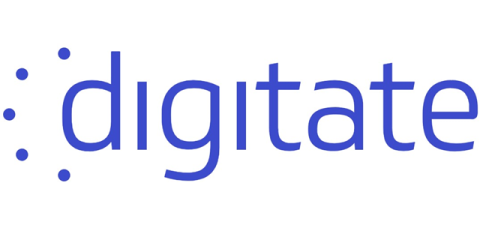AIOps monitoring: Definition, uses, and features
AIOps monitoring is a proactive process that uses AI to anticipate and identify IT infrastructure issues. Going beyond traditional troubleshooting, it enables your systems to detect anomalies in advance to prevent potential disruptions. AIOps uses advanced technology like AI and machine learning to simplify IT operations. AIOps monitoring collects and analyzes large data sets from diverse sources, such as logs, metrics, and events.








